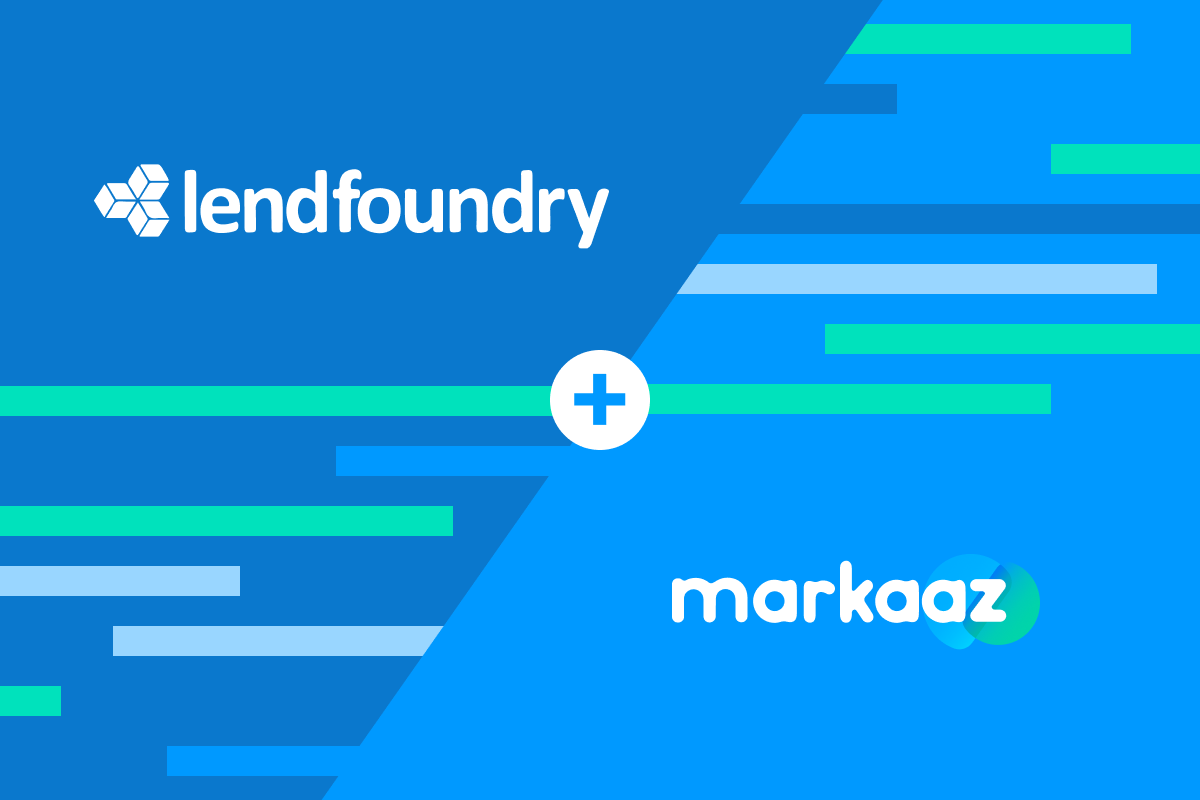The line between business and personal credit can be tricky for small businesses, especially when you’re the sole proprietor. These two scores are separate but related numbers that tell lenders how creditworthy you or your company are.
At first glance, the difference between the two scores seems obvious: One describes your personal financial history, and the other your business’s financial history. However, because credit bureaus use similar metrics to create each score and personal credit is occasionally used instead of business credit (for sole proprietors), there is confusion about how each form of credit works.
We’ve put together a rundown of business and personal credit, how they relate to each other, and how to keep track of your business’s score.
Personal credit
When you first open a line of credit – i.e., your first credit card – you begin your personal credit history and build a credit score linked to your Social Security Number.
The score is frequently summarized into a single number that helps creditors see where you stand at a glance and reflects your personal financial history. If you consistently pay your bills on time, keep your available credit high, and avoid foreclosures and charge-offs, you’ll have a high personal credit score.
You’ll most likely see the FICO score reference when talking about credit scores. However, different credit bureaus report slightly different scores. They consider similar factors when calculating your score, but the ranking or weight of the factors may differ. Generally, a personal credit score will be in the 350-800 range, with 800 being a “perfect” score.
Business credit
Business credit scores are a little more varied than personal scores, as each commercial credit bureau scores and reports its own way. However, some key factors can help you understand business credit.
Your business credit history is linked to you by your Employer Identification Number (EIN) or Tax ID Number. The government uses this number to recognize your business for tax purposes. You can apply for an EIN online and receive it almost instantly. Technically, if you’re a sole proprietor, you don’t need an EIN for taxes, but to establish business credit, you will.
When calculating your business credit score, bureaus take many of the same factors as personal credit scores into account but focus specifically on business spending. There are also some aspects specific to the business world. The three main factors used to create your score are:
- Credit history: Like a personal credit score, business credit bureaus will also review your payment patterns, outstanding balances, credit utilization ratio, etc.
- Demographics: Specific details about your business and industry are also considered, including how long you’ve been in business, the number of employees, and your industry classification.
- Public records: Any bankruptcies, judgments, and liens – all of which is public information – are also considered.
Bureaus like Equifax and Experian, which also have personal credit reports, and Dun & Bradstreet, which specifically has business credit scores, can produce reports for you. Business credit scores are typically on a scale from 1-100, with 100 being the highest, but this varies from bureau to bureau.
Key differences
These two scores are very similar in many ways: they tell lenders if you are likely to repay your debts. This can influence their decision to extend you credit, if at all, and at what terms.
Aside from how they are determined, there are also many ways these two scores differ. Here are some key differences between the scores:
- Corrections: More protections exist for consumers on personal credit reports. An issuer must legally respond to any challenged information on your personal report, but this is not true for business credit reports. This means you must stay on top of your business credit report and regularly monitor it for issues.
- Transfers: Your personal credit report remains with you for life. On the other hand, business credit reports stay with the business. For example, if you sell your business, that report moves to the new owner.
- Capacity: Businesses have a higher credit capacity. A business can get a loan for millions of dollars, repaid over many years. However, personal loans usually max out at about $30,000 or so.
The bottom line
As a small business owner, your business credit score is vital to manage, maintain, and improve – much as you do for your personal credit. You might have different priorities for both scores. Still, the end goal is to present yourself as a trustworthy, professional, and valuable person. To that end, it’s essential that you have a way to easily and quickly check your score to make sure there are no significant changes or understand if it needs some work.
Markaaz’s Dashboard allows you to access cash flow insights, get personalized funding, discover your website and customer analytics, and get your business credit score. It also seamlessly integrates into our directory of over 100 million pre-verified businesses and the payment solution we are building to support small business growth. With the Dashboard, you’ll be able to keep track of your score and understand what’s needed to improve it.
Sign up on Markaaz today and join a community built to help you manage your business.




